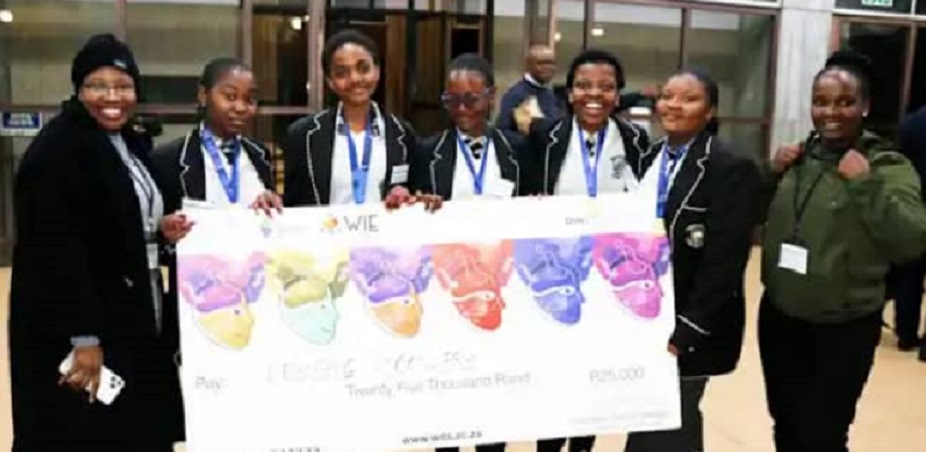
Credit Itnewsafrica.Com
South African universities are observing a significant uptick in online applications for the upcoming 2024 academic year, as the adoption of digital student engagement eases the administrative burden on institutions.
This shift from traditional in-person applications to online platforms not only provides increased convenience for students but also addresses safety concerns.
Historically, walk-in application periods were marked by chaos, as students often camped overnight, vying for limited spots. Instances of injuries and fatalities have been documented in the past.
The University of Johannesburg (UJ), University of Witwatersrand (Wits), and University of Cape Town (UCT) are among the institutions experiencing this surge in online applications.
UJ, for instance, has reported over 280,000 applicants for the 2024 academic year through its online portal. The intake for undergraduate first-year students in 2024 is capped at 10,500.
Additionally, UJ has introduced the MoUJi WhatsApp-based chatbot, assisting more than 93,000 applicants—an increase from the previous year’s 89,000.
This chatbot aids applicants and current students in accessing personal details, academic and residence admission statuses, class timetables, assessment results, and financial statements.
Professor Bettine van Vuuren, UJ’s registrar, emphasizes the university’s commitment to innovation in higher education, stating, “In an era where digital communication is essential, we constantly seek to bridge the gap between applicants, students, and the university.”
Wits has seen a rise in online applications, with 146,000 undergraduate applications for 2024 compared to the previous year’s 129,000. The institution offers alternative methods for those unable to apply online, including digital forms sent via email.
UCT, on the other hand, has reported 92,841 applicants for the 2024 intake, with the faculty of health sciences receiving the highest number of applicants at 19,029.
UCT’s shift towards online applications provides various advantages, such as streamlining the process, enabling easy status tracking for applicants, and offering a convenient platform for feedback communication.
While most admissions processes at UCT are now online, the university still accommodates a small number of physical applications for exceptional circumstances.
Interim UCT vice-chancellor, Professor Daya Reddy, emphasizes the broader goals of education at UCT, stating, “We believe education is not just about earning a degree… the most important goal of education is to unleash human potential, to build a fair and just society.”
What’s your thought about this story?





















